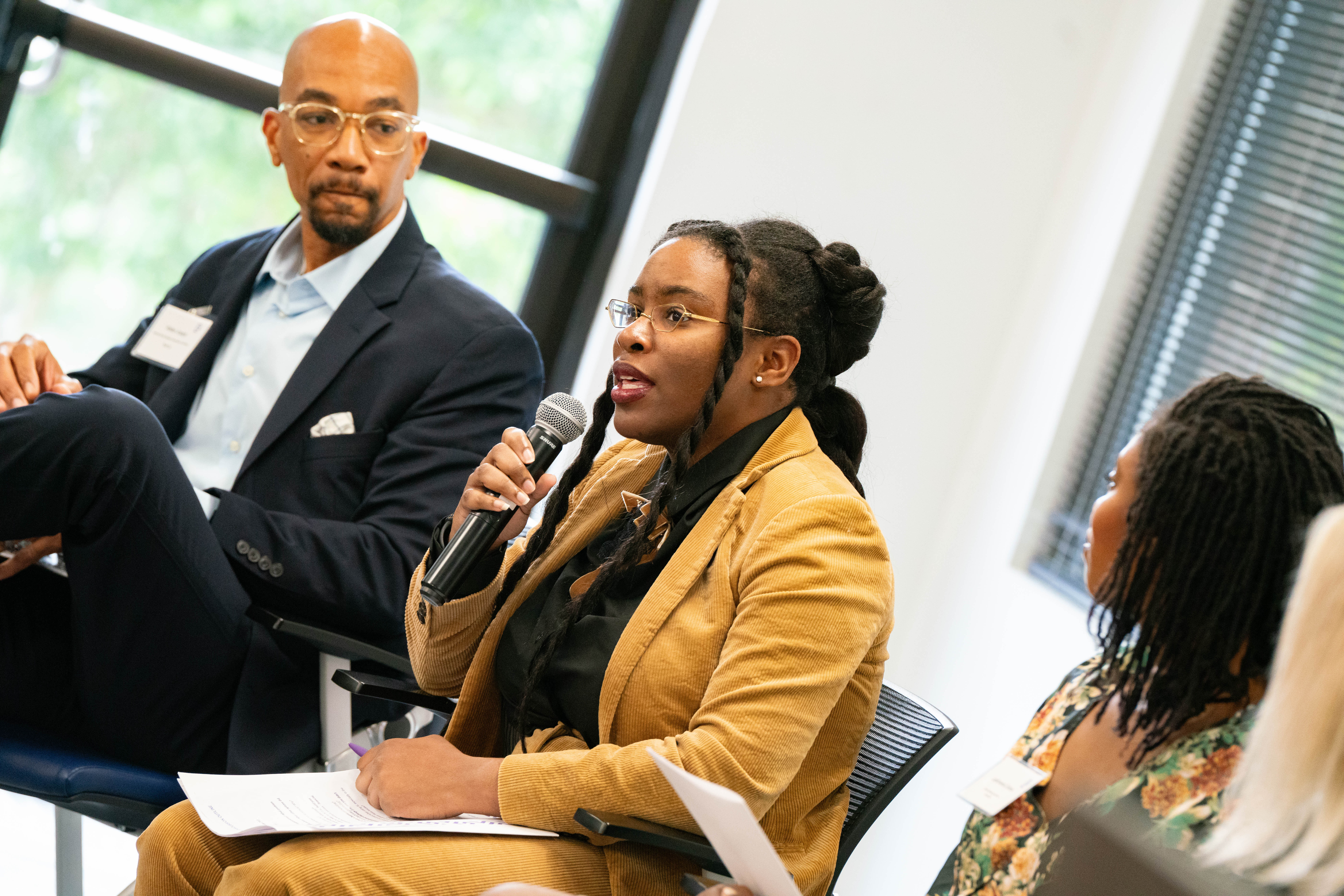The internet is a fantastic tool for education, entertainment and social connection! It provides us new opportunities to explore the world, share our interests and find community. However, this tool can also present challenges – especially for youth who are still developing. Our team is here to help with strategies to foster healthy development and relationships between children, teenagers and the internet.
Understanding the Internet’s Effects
Despite its many benefits, the internet can also pose potential risks to children’s development. Parents should be vigilant and aware of signs that might indicate developmental issues or negative impacts stemming from internet use.
- Health Effects: Balance is key in all aspects of life, including internet use. Excessive screen time can lead to a neglect of responsibility, as well as physical health issues like eye strain, headaches, poor sleep patterns and more.
- Social Withdrawal: There are endless interests and entertainment to be found online! However, these can also distract us from the life happening around us. Your child may be experiencing adverse effects of unmanaged internet use if they exhibit social withdrawal or a loss of interest in previously enjoyed offline activities or avoid in-person social situations.
- Behavioral Changes: If a child becomes irritable, anxious or upset when internet access is restricted or unavailable, this could indicate an unhealthy dependency. Alternatively, secretive behavior regarding online activity, such as quickly closing screens, can be a sign of engaging in risk behaviors.
- Educational Impact: Noticeable drops in grades or a lack of engagement with schoolwork might be related to excessive internet use, whether due to distraction, lack of sleep or prioritizing online activities over study.
- Emotional or Psychological Changes: Spending a lot of time on the internet, especially on social media, can exacerbate feelings of anxiety or depression in some children. Comparing themselves to others online or experiencing cyberbullying can have significant emotional impacts.
If you observe any of these signs in your child, it’s important to address them thoughtfully. Remember, the goal is to support children in developing a healthy relationship with technology—one that enriches their lives without undermining their physical, social or emotional well-being.
Creating a Safe Digital Environment
From fostering open communication to utilizing parental controls, these strategies empower families to navigate the online world with confidence and care.
- Establish open communication about online experiences. Encourage your child to share their online activities and any concerns they might encounter.
- Educate youth about online safety, including the importance of privacy settings, the risks of sharing personal information and how to recognize and respond to cyberbullying.
- Set reasonable limits on screen time and ensure that digital use does not interfere with essential activities such as sleep, physical activity and face-to-face interactions.
- Guide your children towards educational and uplifting content. This tailored content can significantly enhance their learning, engagement and development.
- Familiarize yourself with and use parental controls. These tools can help filter content, limit screen time and monitor digital activities.
Encouraging Healthy Development
Every child develops at differing paces. Each of us needs a unique approach to growth. However, key pillars require attention for all along the way. According to the CDC, healthy development relies heavily on having a safe and loving environment, proper nutrition, exercise and sleep.
Ensuring a healthy balance between digital and real-world experiences is essential to this holistic approach, and you can play an active role in meeting your child’s needs.
- Balance Digital and Real-World Experiences: Encourage activities that promote physical health, social skills and emotional well-being. Outdoor play, sports, art and face-to-face social interactions are vital components of a child’s development.
- Foster Digital Literacy: Teach your children to critically assess digital content and understand the difference between reliable and unreliable sources of information.
- Support Interests and Passions: Use digital tools and resources to explore and deepen your child’s interests, whether in science, art, music or any other field. This attention to their interests can help you build stronger family bonds.
- Model Positive Behavior: Children often mimic the behavior of adults. Show them how to use technology responsibly and mindfully, setting an example of balanced digital consumption.
Most importantly, seek help when needed. Landmarks For Families is ready to guide you and your family toward a new, hopeful direction with resources such as the Strengthening Families and Family Success Coach Program.
Lowcountry Family Services You Can Rely On
With more than 200 years of experience supporting South Carolina’s youth and families, Landmarks For Families is equipped to lead your child or family through life’s challenges. Whether on-site or in-home, our compassionate team is ready to meet you where you are with the services you need. Contact us today to learn more about our programs and speak with a member of our team.


